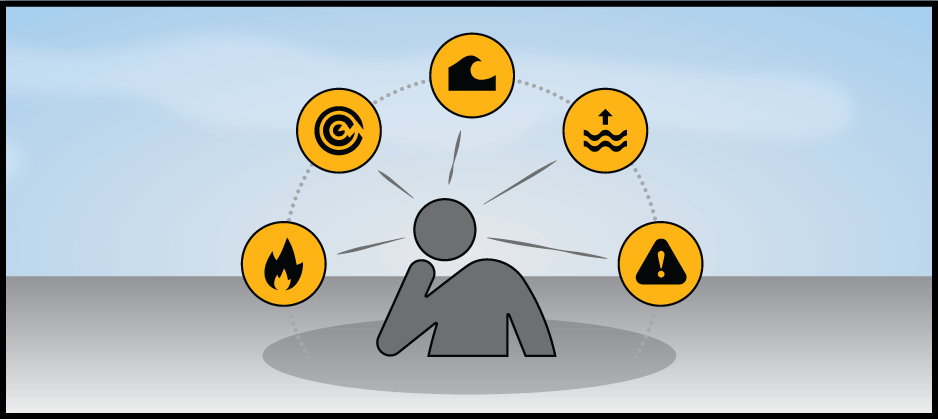The hazards BC faced in 2021 demonstrated the need for emergency preparedness throughout all seasons. Previous years showed us how climate change contributes to drier and hotter summers, and these conditions have resulted in extended wildfire seasons.
The BC Wildfire Service (BCWS) is evolving to a year-round model that will allow us to flexibly deploy BCWS staff to assist with provincial natural hazard responses. This change will put BCWS in a better place to expand wildfire community engagement and enhance public education and awareness activities. In addition, budget 2022 provided new funding that allows BCWS to hire more full-time staff to help meet the needs of longer fire seasons. By transforming into a proactive, year-round service, we’re working to help people on the ground better prepare for, and recover from, future wildfires.
Getting individuals and communities involved in wildfire preparedness and prevention also plays a huge role in the ability to respond. This year’s Emergency Preparedness theme is, “It’s everyone’s responsibility.” Ryan Turcot of Emergency Management BC (EMBC) says the theme is meant to inspire everyone to prepare themselves for any emergencies they may face.
“Everyone, at every level, has a part to play, and emergency preparedness works best when everyone plays their part.”
Ryan Turcot, Public Education Officer, Emergency Management BC
Emergency Preparedness Week 2022 is focused on preparing to protect communities and homes during emergencies of all kinds. This includes wildfires, floods, avalanches, severe weather and other year-round hazards such as power outages, earthquakes and pandemics. Preparing or recovering from disasters like these means recognizing these hazards, building emergency kits and grab-and-go bags, making a plan and ensuring you have evacuation and recovery resources available.

Take the time at the season’s beginning to prepare yourself and your household. Recognize the hazards in your region and how you need to respond to them. Take the time to build an emergency kit and a grab-and-go bag. These will ensure you are prepared to leave if you receive an evacuation order.
Plan with your household to clearly understand how you will respond to a disaster and know where you will get the information regarding evacuation alerts and orders in your region. If you are in an area that receives an evacuation alert, you should be ready to leave on short notice. So get your emergency kit ready to go.
If you receive an evacuation order, you are at risk and need to leave immediately. Grab your grab-and-go bag and go. Choosing to remain puts yourself and others at greater risk and danger. An evacuation rescinded notice means you can return to your homes.
Emergency Info BC is another excellent resource for keeping track of evacuation orders and alerts. There are many ways to participate in Emergency Preparedness Week that can make it enjoyable and educational for everyone. EMBC offers fire safety education, a high ground hike event, “Master of Disaster” education programs and social media kits. Participate in Emergency Preparedness week by sharing information from Prepared BC’s media toolkits on social media and connect with Prepared BC on Facebook and Twitter to learn more.
